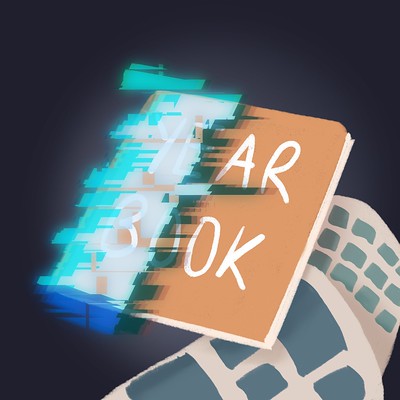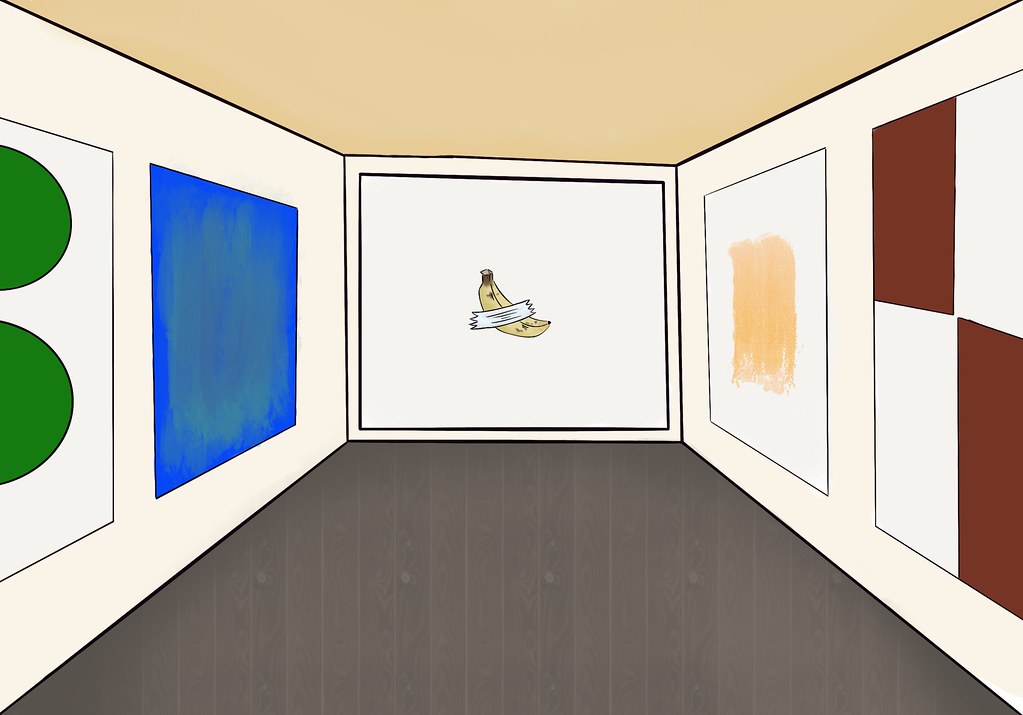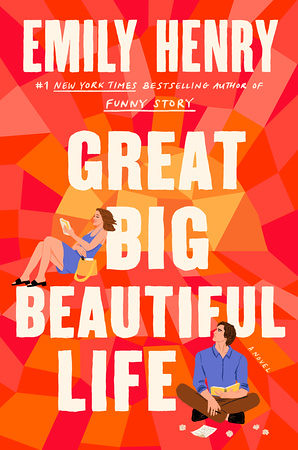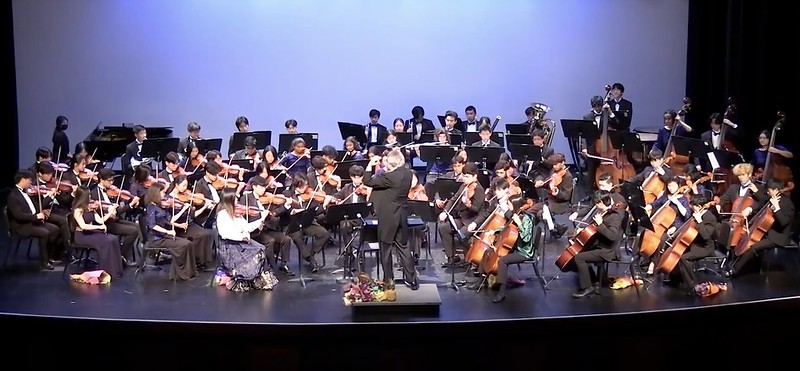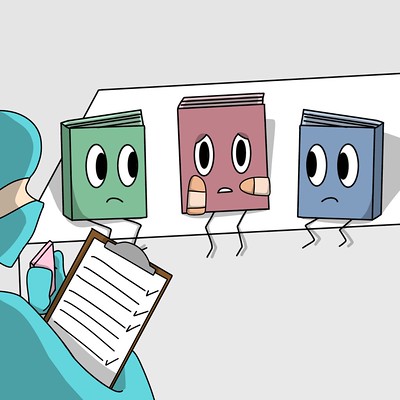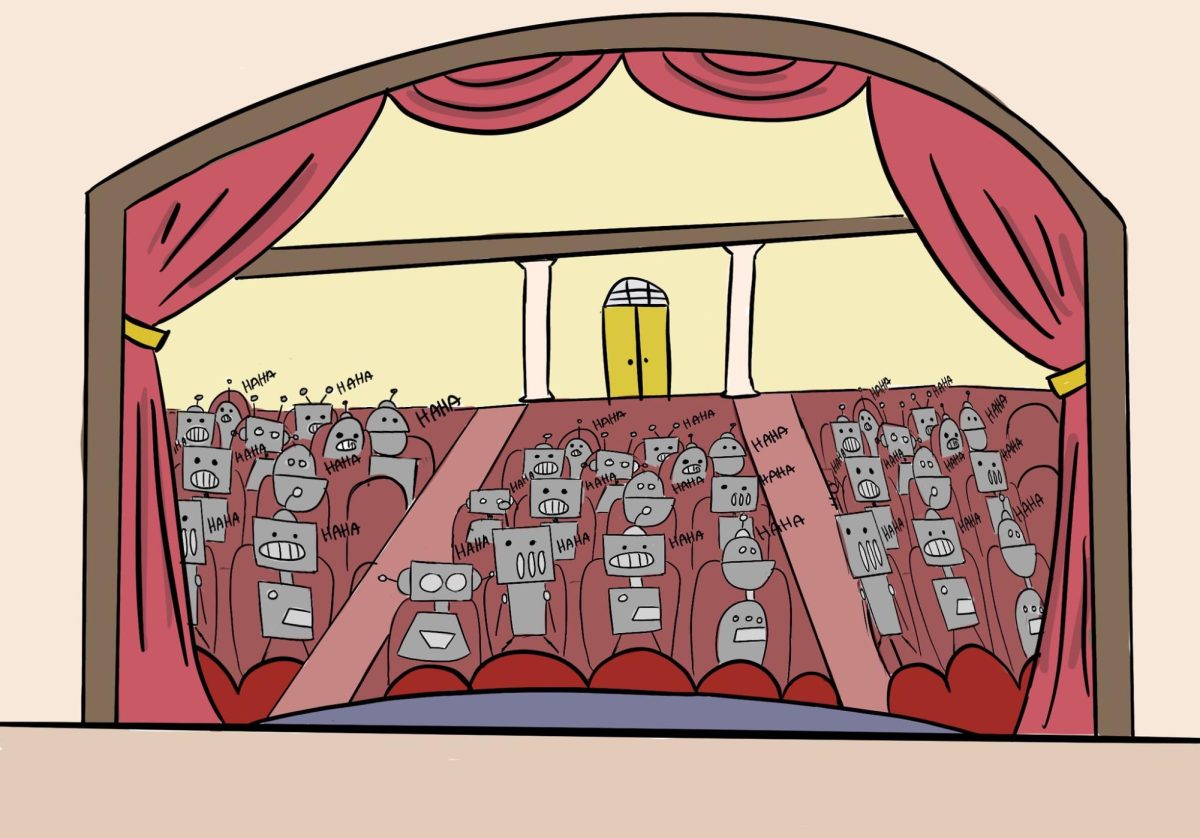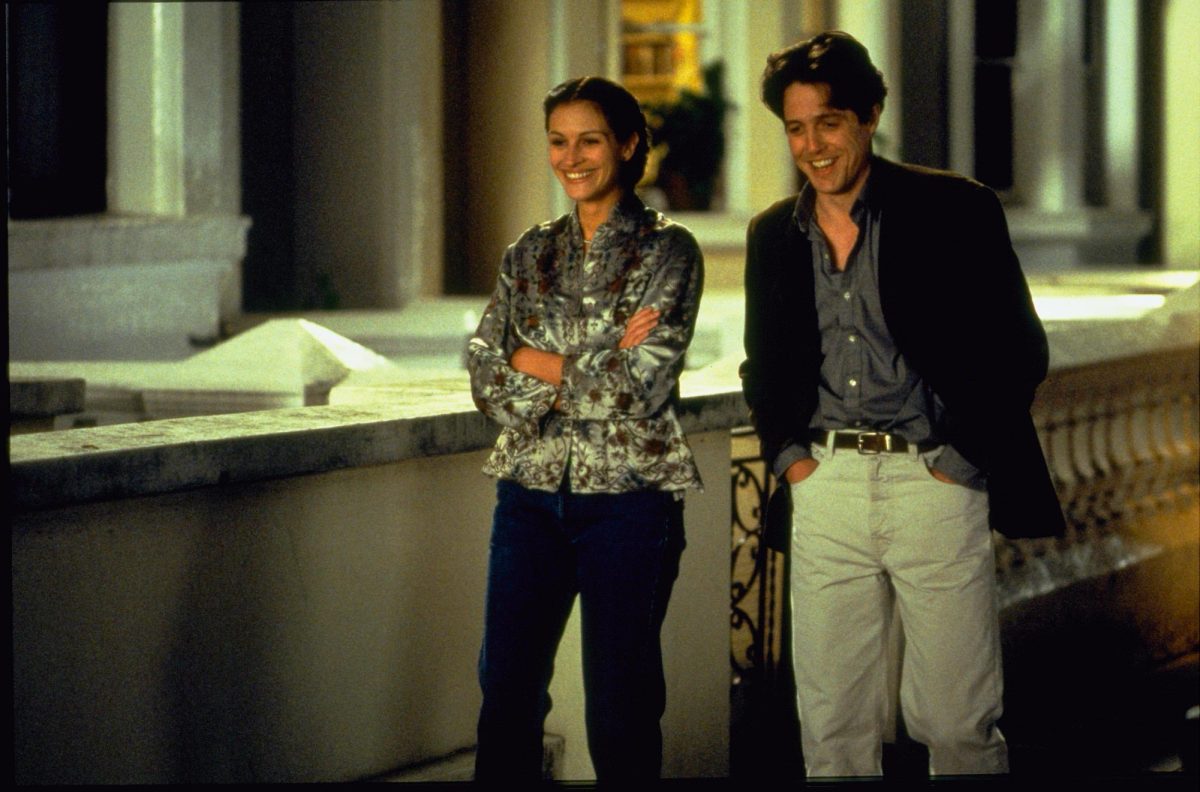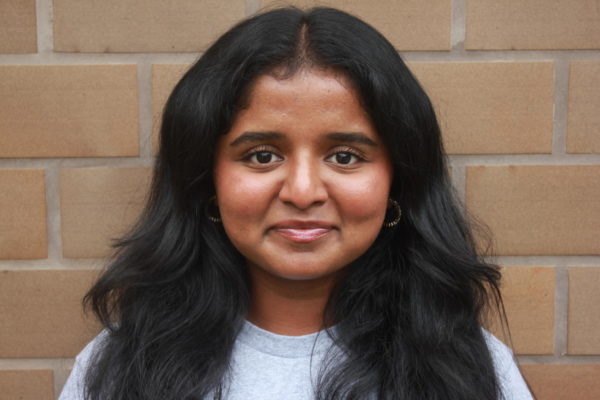It seems that the older we get, the more we distance ourselves from books: “silent reading time” has been abolished, the library repurposed as a studying center and serialized novels replaced by episodic television. I can’t remember the last time I anticipated a hold coming in – an excitement that I once considered integral. These days, my reading mostly comes in the form of essays, historical texts and Campbell Biology, AP Edition, 12e.
Of course, schoolwork and socializing occupy an increasing space in our lives. But few people are incapable of sparing 15 to 30 minutes a day; most of us certainly find the time for social media regularly. Why, then, do we choose to sideline books?
The simple answer is that reading is difficult. Many don’t consider it entertainment at all, and it’s easy to see why. The books that we consume in our childhood are fun; we quickly grow invested in their characters, worlds and mysteries. Comparatively, the tomes we’re expected to read in middle and high school are horrifically dull. They’re pretentious, preachy, take far too long to get to the point – if there is any discernible point – and, worst yet, are barely written in decipherable English.
What feels like a four-hundred-page homework assignment, then, will obviously lose to an instantly gratifying app. And even to those who are up for the challenge, there are many deterrences. Keeping up with loans and renewals is stressful. The eternal question of “what to read” is exacerbated by a deluge of recommendations from every direction. With practically infinite options and practically zero time, it’s easy to feel like you’re making the wrong decision.
Still, literary culture isn’t disappearing anytime soon, and it’s surprisingly rewarding once you gain a foothold. Stylistic prose can be delightful, and interesting plots certainly weren’t left behind in the sixth grade. Books frequently change my outlook on life in a way that online content never does. The only matter is where to start.
Issues with accessibility can be easily resolved by e-books and e-libraries; in addition, keeping books on your phone gives them a fighting chance against other browsing habits. When it comes to finding the right title, some people are content with popular, mainstream books, while others consider them trope-y, underdeveloped, lazily written and so forth. For the broadest appeal, I’d suggest classics from between the 1940s and ‘80s, like Steinbeck – they’ve withstood the test of time yet are still culturally and linguistically familiar, straddling the line between “digestible” and “mature”.
Overcoming a fleeting attention span usually proves to be the greatest struggle. Internet exposure has driven us to seek out clips barely a few seconds in duration, and perusing dense text requires some reconditioning. Short-form media exists on paper as well, though: beginning readers can build up their concentration through poetry anthologies, short story compilations, collections of vignettes, or even just thin novels composed of disjointed scenes. “Cat’s Cradle” (Vonnegut), “Invisible Cities” (Calvino) and “Small Gods” (Pratchett) are all neatly divided into sections of a few paragraphs each; I finished them during passing periods or while waiting for the bus.
At any rate, getting back into reading involves more than just a handful of “simple fixes”. It’s nearly impossible to enjoy a book if you approach it with the same mentality used for music or movies. It does take effort, unavoidably, and I was shocked at first to discover how slow of a reader I’d become – most works take me between four and seven hours apiece. Patience is the key ingredient, and that can understandably be disillusioning. There’s no hurry, though. Literature is about learning to love the process.


